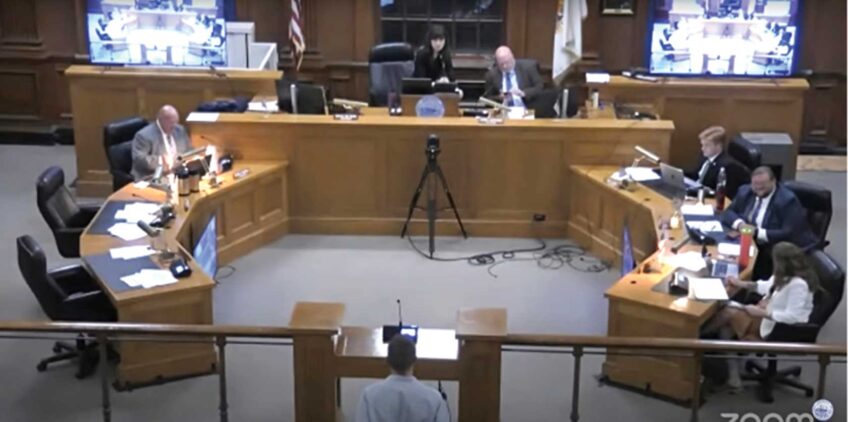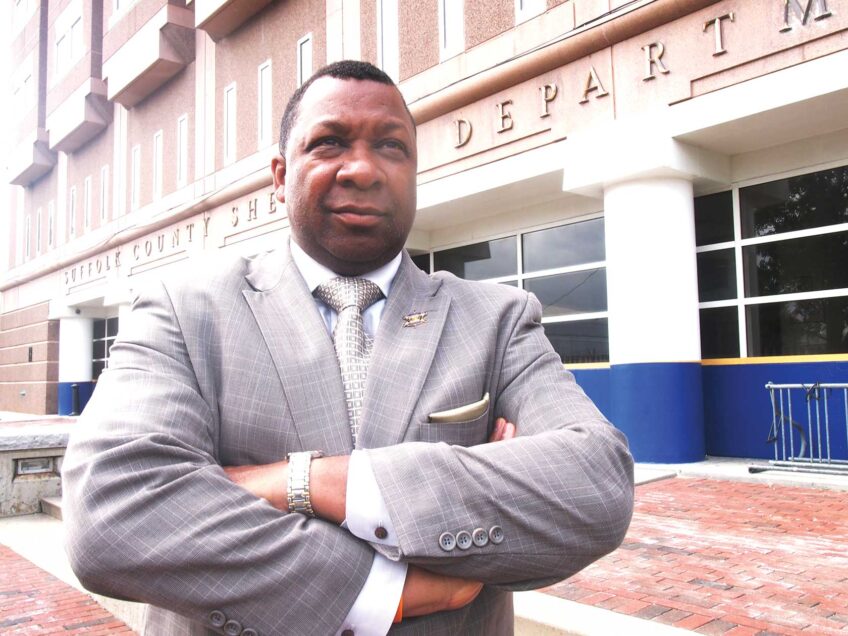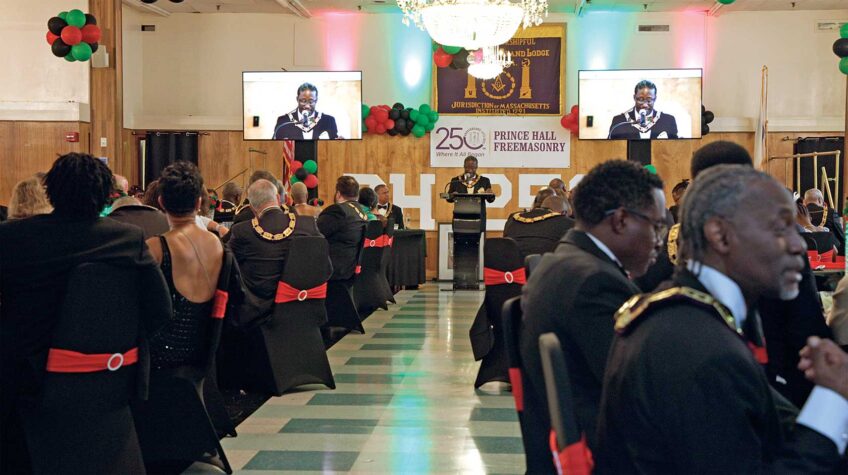Legislators seek to designate July 8 as “Massachusetts Emancipation Day”
Would mark date in 1783 that slavery was struck down in Mass.
Legislation is now in the works in state government to recognize the end of slavery in Massachusetts and honor an instrumental figure who helped make it happen.
On Nov. 10, state Sen. Cindy Friedman and state Rep. Michelle Ciccolo, both of Lexington, testified before the Joint Committee on State Administration and Regulatory Oversight on behalf of a day to be known as “Massachusetts Emancipation Day.” Alternatively, the holiday would be known as Quock Walker Day, in honor of a former slave who freed himself by suing his former enslaver.
On July 8, 1783, 82 years before the 13th amendment was ratified, ending slavery in the United States, the Massachusetts Supreme Judicial Court ruled that the Constitution of the Commonwealth’s Declaration of Rights in and of itself made slavery unconstitutional. This was after 28-year-old Walker, born to enslaved Black parents in Massachusetts, emancipated himself and was subsequently brutally beaten by his former enslaver when found working on a neighboring farm.
Walker, using the credo that would become recognizable as part of the United States Constitution — that all men have certain inalienable rights — sued for assault and battery and was found to be a legally free man by a jury of the Worcester County Court of Common Pleas. The ruling was appealed and then upheld in front of the Massachusetts Supreme Judicial Court. His case served as the precedent that ended slavery in the Commonwealth on constitutional grounds and led to Massachusetts becoming the first state in the nation to abolish slavery.
Thus, the current bills S.2059 and H.3117, “An Act designating July 8 as Massachusetts Emancipation Day” or Quock Walker Day, would have the governor issue a proclamation commemorating the day Walker was found to be part of the “all men” who are “born free and equal” under the constitution.
Quock Walker was brought to the attention of lawmakers by the founder and president of the Association of Black Citizens of Lexington (ABCL), Sean Osborne, who in his spare time away from his job as an engineering consultant, is quite the history buff.
“Because of the Quock Walker Trials, Massachusetts was the first state to effectively and fully abolish slavery and became the home of a growing Black middle class that fueled the abolition movement,” Osborne said. “With the formal recognition of Massachusetts Emancipation Day, aka Quock Walker Day, I am looking forward to more communities and school systems across the Commonwealth increasing their understanding of slavery, manumission, emancipation, race enmity and race amity in Massachusetts during the 18th century and using that knowledge to create a more just 21st century.”
He said his interest in Walker started when he read his story in a book about Elizabeth Freeman, the first African American woman to successfully file a lawsuit for freedom in the state of Massachusetts. Osborne said from there, his interest in the story of emancipation and its endless connections threading through history made him realize how important spreading the word of Quock Walker is.
“This is so important for people to understand, how this person worked the system … where someone was able to go from being enslaved to being a landowner and passing that property on to his spouse when he died, and where Black folks would go to the courts, which were run by white men, juries were all white men, and expect justice.”
He continued, “What was lost between 1783 and 2021? … What were the actions that were taken by the residents and citizens of Massachusetts since then to get us to where we are now? And how do we right that ship?”
Friedman agrees.
“Bringing awareness to Quock Walker and his story is so incredibly important,” she said. “Passing this bill is one step we can take to acknowledge the injustices in our history as well as celebrate Massachusetts’ part in setting a nationwide precedent for human rights. I am hopeful that it will soon become law.”
After an initial conversation with Osborne, Friedman introduced a resolution in the Senate in July 2020 commending the many community groups and organizations in the Commonwealth who were commemorating July 8, 2020 as Massachusetts Emancipation Day and Quock Walker Day. Friedman and Ciccolo then filed identical bills in the Senate and House in January 2021.
Ciccolo said she’s proud to sponsor the bill, and that the legacy it invokes is multifaceted.
“Most people just believe that Massachusetts residents didn’t own slaves, which is not right. It’s patently false. And that’s also extremely important for us to understand, our complacency or how complicit we were. That’s part of telling the story,” she said in an interview.
She added, “I also think that it’s very important for us to kind of celebrate when we get something right.”
Zine Magubane, a sociologist who worked with Osborne on getting Emancipation Day recognized, echoed this point.
“What recognizing this story and emancipation does is, first of all, it forces people in Massachusetts and the North, Connecticut, Rhode Island, to recognize that we had quite a bit to do with slavery,” she said. “Slavery built our economy.”
She added that Walker’s story can help give children a hero to look up to.
“Quock was an active agent in pushing and suing for his own freedom,” Magubane said. “I think it’s a really great story for children to learn. You will learn the horrors of slavery. You also learn, ‘Hey, this was part of us.’”
The bills are now before the Joint Committee on State Administration and Regulatory Oversight, where they await further consideration.






